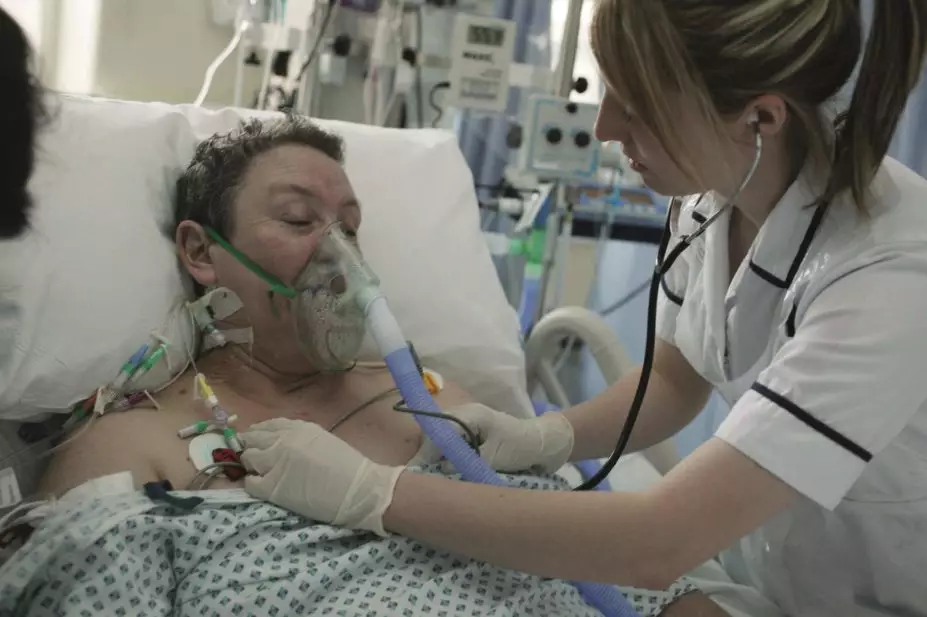
MedicImage / Alamy
Updated national guidance on the management of acute heart failure has called into question some common prescribing practices that happen when this group of patients are admitted to hospital.
The National Institute for Health and Care Excellence (NICE) says the traditional practice of giving opioids to patients to relieve their stress has limited clinical benefit. The best way to manage this is through “rapid diagnosis, initiation of treatment and a safe, reassuring environment”, it says.
In developing its clinical guideline, published on 8 October 2014, NICE also considered which diuretic strategy has the best outcomes. Although diuretics are usually given intravenously, there is “significant” variation in doses and whether they are given as continuous infusions or as intermittent boluses. Based on the evidence, the guideline development group concluded that neither option is superior and the decision should depend on “clinical circumstances”.
NICE recommends that nitrates should not be routinely offered to people with acute heart failure because the clinical benefits are unclear. If nitrates are used in specific circumstances, such as for people with concomitant myocardial ischaemia or severe hypertension, blood pressure must be monitored closely, it says.
The guidance states there is “no sustained benefit” from routinely offering inotropes or vasopressors to people with acute heart failure, even though this is common practice. Use of these agents should be limited to stabilising a patient in cardiogenic shock.
NICE gives recommendations for the timing of beta-blocker therapy after a patient has stabilised and the circumstances in which treatment should be reintroduced or started from scratch.
Recommendations for best practice for when angiotensin-converting enzyme inhibitors should be prescribed are also outlined.
NICE recommends that people with acute or suspected acute heart failure should be assessed by a specialist multidisciplinary team. A member of the team should be responsible for a follow-up visit to the patient two weeks after he or she has been discharged from hospital. The team should be part of a hospital’s cardiology ward, deliver the patient’s ongoing care and be prepared to do outreach work, according to NICE.
Acute heart failure is responsible for more than 67,000 annual hospital admissions in England and Wales and is the leading cause of hospital admission in people aged over 65 years.


